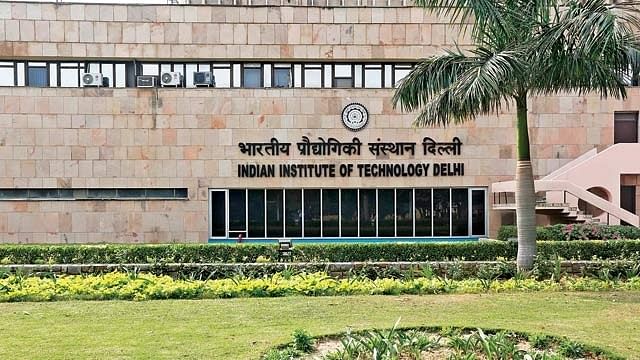IIT Council Rejects HRD Min’s Proposal to Scrap JEE (Advanced)
The JEE Advanced, one of the most competitive tests in India, determines one’s admission into the IITs.

The Ministry of Human Resource Development’s proposal to reform the Joint Entrance Examination programme and terminate the Joint Entrance Examination (JEE) Advanced, was rejected by The Council of the Indian Institutes of Technology on Monday, 20 August.
The JEE Advanced is widely considered to be one of the most competitive tests, which determines one’s admission into the IITs.
The Ministry of Human Resource Development had suggested two measures to be taken up: 1) to set up an expert committee with the goal to make the JEE Advanced ’more scientific’ and 2) to ‘reduce dependence on coaching centres’ as well as to change the system of selection of students – from branch of engineering to institution wise allocation,The Economic Times reports.
Explaining its decision, the Council said that the IIT system and the Joint Entrance Exam had been built into a “formidable brand” and since the current system has been “operating smoothly”, it should not be altered, the report adds.
Changes Suggested by the HRD Ministry
The proposal put forth by the Human Resource Development Ministry suggested that the programme should do away with the flagship B Tech courses at the institutions, and transform them into ones which offer post graduate education and only certain semesters of teaching 80,000 students a year, instead of the current count which is over 10,000.
However, this was countered by the Council, which said that by turning the JEE into an online test was definitely a significant change already, and that at the most, efforts could be made to improve the questions in the test, the report says.
The Ministry thus complied with the Council’s view, which stated that policy change should be driven by the institutes as and when required.
(With inputs from The Economic Times)
(At The Quint, we are answerable only to our audience. Play an active role in shaping our journalism by becoming a member. Because the truth is worth it.)